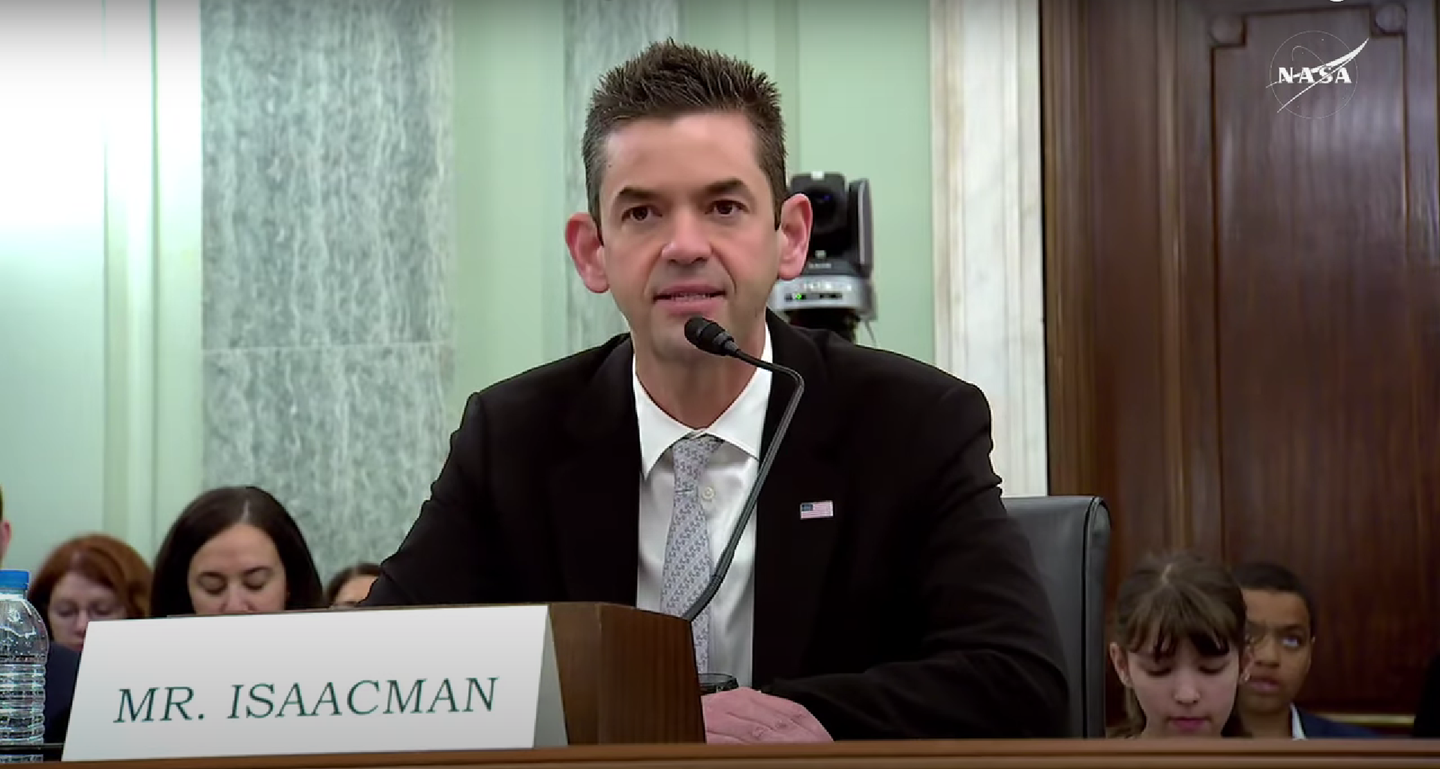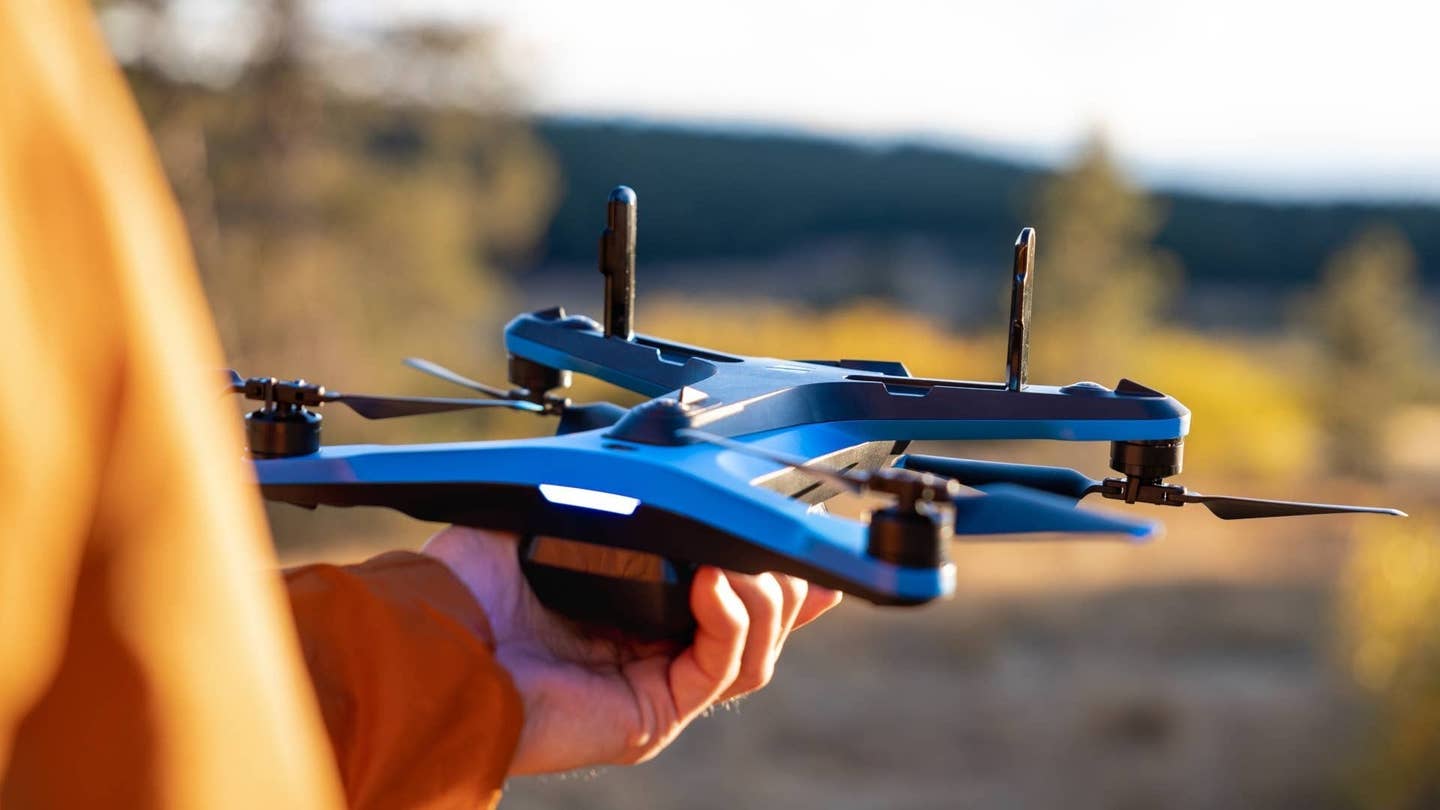Vast Bolsters Commercial Space Station Plans With Key Agreements
Company is developing a commercial replacement for the ISS, which is planned to be retired at the end of the decade.

Under an agreement announced Thursday, Vast will have ‘direct access’ to the International Space Station (ISS) National Lab. [Courtesy: NASA]
Vast Space, one of several commercial firms vying to replace the International Space Station (ISS) following its planned deorbit at the end of the decade, this week signed key agreements that heighten the competition.
At the 40th Space Symposium in Colorado, where Vast’s Haven-1 space station was on display, the company secured deals that give it direct ISS access and three new customers for its Haven-1 Lab, which is being developed as the first microgravity research and manufacturing platform on a commercial space station. The company is also developing Haven-2, its proposed ISS replacement.
Direct Access
On Thursday, Vast signed a strategic agreement with the Center for the Advancement of Science in Space (CASIS), which manages the ISS National Laboratory within the U.S. portion of the space station. CASIS will collaborate on Vast-proposed enhancements to in-space technologies and orbital research. The idea is to open commercial and international access to an emerging low-Earth orbit (LEO) economy.
“It enables us to fly science, validate our technologies in microgravity, and continue close collaboration with NASA—all of which are essential as we advance the design of our proposed ISS replacement,” said Max Haot, CEO of Vast, in comments accompanying the announcement.
Vast said the agreement also helps it compete for NASA’s fifth and sixth private astronaut missions (PAMs), which the space agency officially announced last week.
The company last year revealed it would bid on the missions and in December said SpaceX’s Falcon 9 and Dragon would fly them, if it is selected. The vehicles are already scheduled to deposit Haven-1 on orbit and fly a crewed mission to the station. In February, Vast pushed the deployment of Haven-1—which will feature Starlink internet—from August to May 2026.
The CASIS agreement would allow Vast to conduct on-orbit research during PAMs. These flights would give the firm an opportunity to prove its capabilities as it competes for NASA’s Commercial Low Earth Orbit Destination Phase II award, for which it will submit Haven-2 as a replacement for the ISS. A draft request for proposals (RFP) is expected this summer.
Nearing Capacity
Vast earlier in the week also revealed it secured three new payload partners for the Haven-1 Lab, which it said is “already nearing full capacity.”
Japan Manned Space Systems Corporation (JAMSS), Interstellar Lab, and Exobiosphere will join existing payload partners Redwire and Yuri to install new modules on the orbital laboratory.
“These partnerships reflect a growing global recognition that microgravity is not just a research environment, but a catalyst for transformative breakthroughs,” said Haot. “With Haven-1, we aim to redefine what’s possible in biotechnology and pharmaceuticals.”
JAMSS specializes in the development and management of space systems and technology, most notably operating the ISS’s Kibo module, the station’s largest. The company will design and install a “multipurpose payload facility” to host microgravity experiments and smaller payload modules, such as devices for growing crystals on orbit.
Interstellar Labs, which builds autonomous greenhouse systems, will install Eden 1.0, a capsule designed for researching the effects of microgravity on plant growth. The device is equipped with cameras and sensors that beam real-time data to Earth, allowing researchers to recreate experiments on the ground. Eden 1.0 is a spinoff of the company’s in-space food production system, which previously won the NASA Deep Space Food Challenge.
“It’s a crucial step towards our larger vision of providing advanced bioregenerative life support systems for future habitats on the moon and Mars,” said Barbara Belvisi, founder and CEO of Interstellar Labs.
Luxembourg-based Exobiosphere, meanwhile, develops drug screening platforms in space, where the firm can conduct experiments not possible on Earth. It will install the Orbital High Throughput Drug Screening Device, designed to speed up cell growth and observe behaviors not seen under normal gravity. The company will share its results with pharmaceutical, biotechnology, and healthcare companies to help them develop therapeutics for Earthlings and astronauts alike.
“Microgravity gives us a powerful new vantage point to explore disease at the cellular level,” said Kyle Acierno, CEO of Exobiosphere. “We aim to dramatically speed up breakthrough therapies and reshape how we approach healthcare on Earth and beyond.”
Like this story? We think you'll also like the Future of FLYING newsletter sent every Thursday afternoon. Sign up now.

Sign-up for newsletters & special offers!
Get the latest FLYING stories & special offers delivered directly to your inbox






